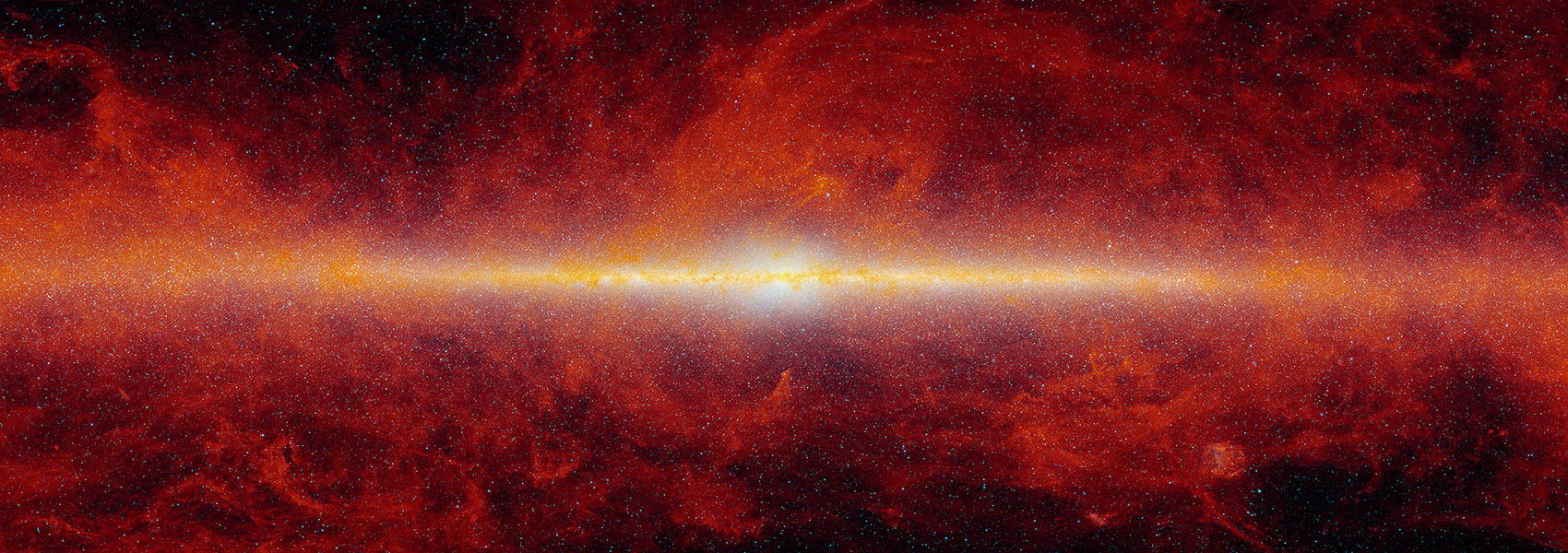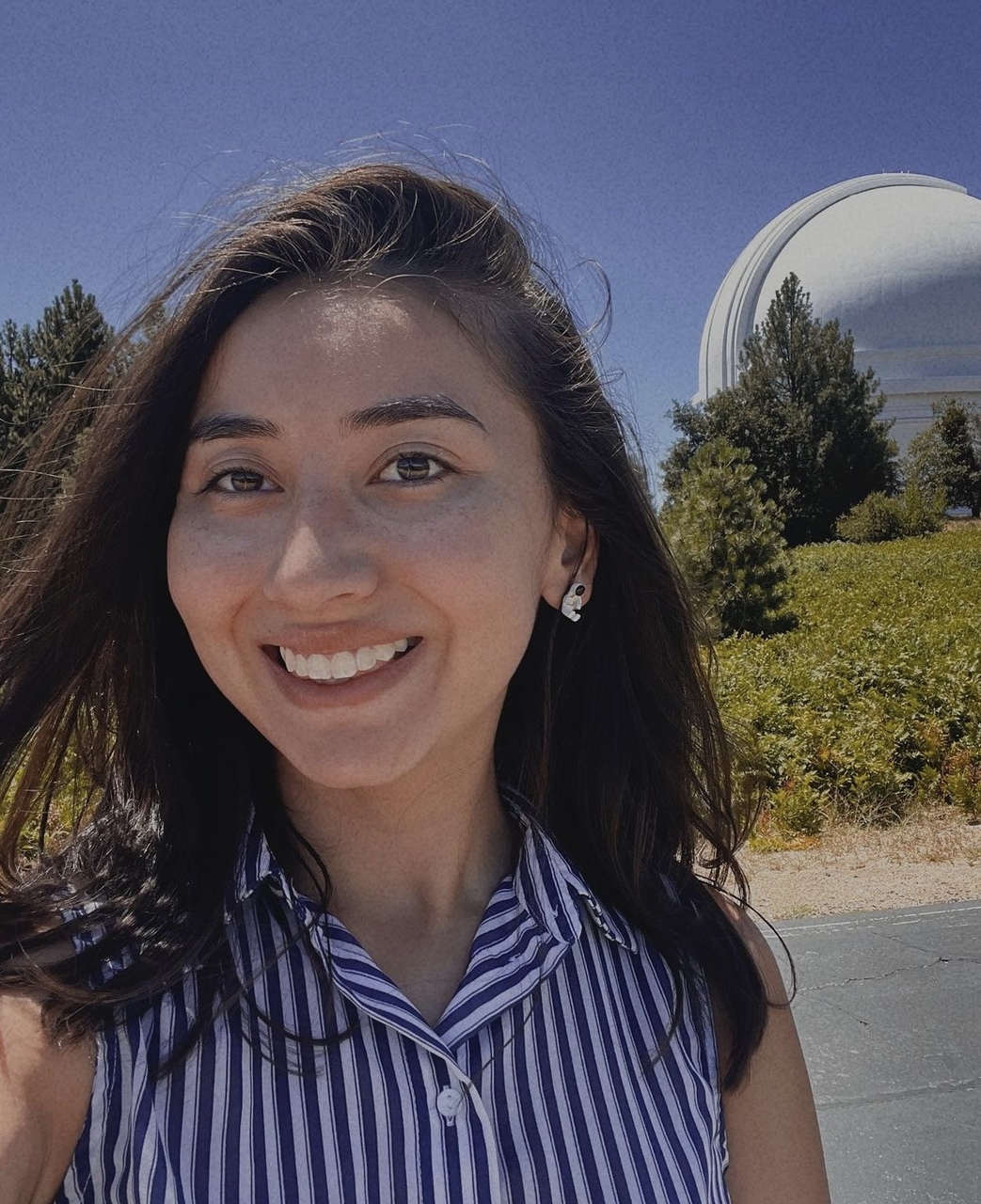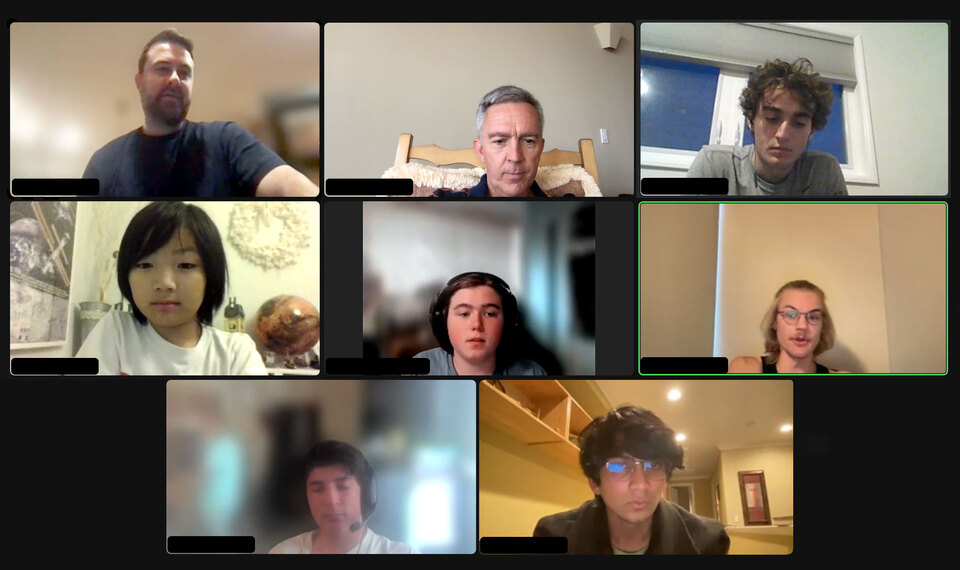Undergraduate Students
Summer Undergraduate Research Fellowships (SURF) program
SURF students have the opportunity to conduct research under the guidance of experienced mentors working at the frontier of their fields. Students experience the process of research as a creative intellectual activity from beginning (defining and developing a project) to end (presenting their results at SURF Seminar Day).
-
Students collaborate with a potential mentor to define and develop a project
-
Applicants write research proposals as part of the application process
-
Faculty review the proposals and recommend awards
-
Students carry out the work over a 10-week period during the summer
-
At the conclusion of the program, students submit a technical paper and give an oral presentation at one of several SURF Seminar Days, symposia modeled on a professional technical meeting.
In 2023, Fellows will receive a $7,100 award for the ten-week period. SURF is open to both Caltech and visiting students.
For more information, see: https://sfp.caltech.edu/undergraduate-research/programs/surf.
Note that prospective students need to identify a suitable research mentor before beginning the application process. For information about the research interests of the IPAC Science staff, see the Science staff directory. For tips on finding a mentor at IPAC, and at Caltech in general, please see: https://sfp.caltech.edu/undergraduate-research/getting-started/finding_a_mentor.
Wave Fellows
Caltech WAVE aims to foster diversity by increasing the participation of underrepresented students in science and engineering PhD programs and making Caltech's programs more visible and accessible to students not traditionally exposed to Caltech.
Fellows will carry out the work over a 10-week period during the summer and submit two interim reports, a research abstract, and final paper. At the conclusion of the program, students give an oral or poster presentation at one of several WAVE Seminar Days, symposia modeled on a professional technical meeting.
For summer 2023, selected students will receive a research stipend of $7100 for 10 weeks, plus a campus housing supplement of $2000 and a $300 travel supplement. The research program runs from June 21 to August 25, 2023.
For more information, see: https://sfp.caltech.edu/undergraduate-research/programs/wavefellows.
CAMPARE - Cal-Bridge Summer Program
Selected students for CAMPARE will be part of Caltech's WAVE Fellows program.
Applicants must be at least 18 years of age by the beginning of the program. Applicants must be enrolled at a CSU or California Community College at the time of their application. Participants may not have graduated from their 4-year institution before the beginning of the summer internship, but community college students may be in the process of transferring to a 4-year institution. Citizens, permanent residents, and AB540/DACA students are eligible to apply.
All applicants must have completed a minimum of one full year of college-level physics by the start of the program.
For more information, see: https://www.cpp.edu/calbridge/summer-research/research/caltech.shtml.
Federal Work-Study Program
The Federal Work-Study (FWS) is a program of financial assistance for eligible students that is jointly funded by federal and departmental contributions. It allows students to work to earn a portion of their college expenses.
The Financial Aid Office determines student eligibility for the FWS program once the student completes their financial aid application. For the 2022-23 academic year, first-year students are generally awarded $1,350 in work-study funds, while continuing students are awarded $2,500.
Opportunities for student employment will be posted on the Caltech jobs website: https://caltech-csm.symplicity.com/.





